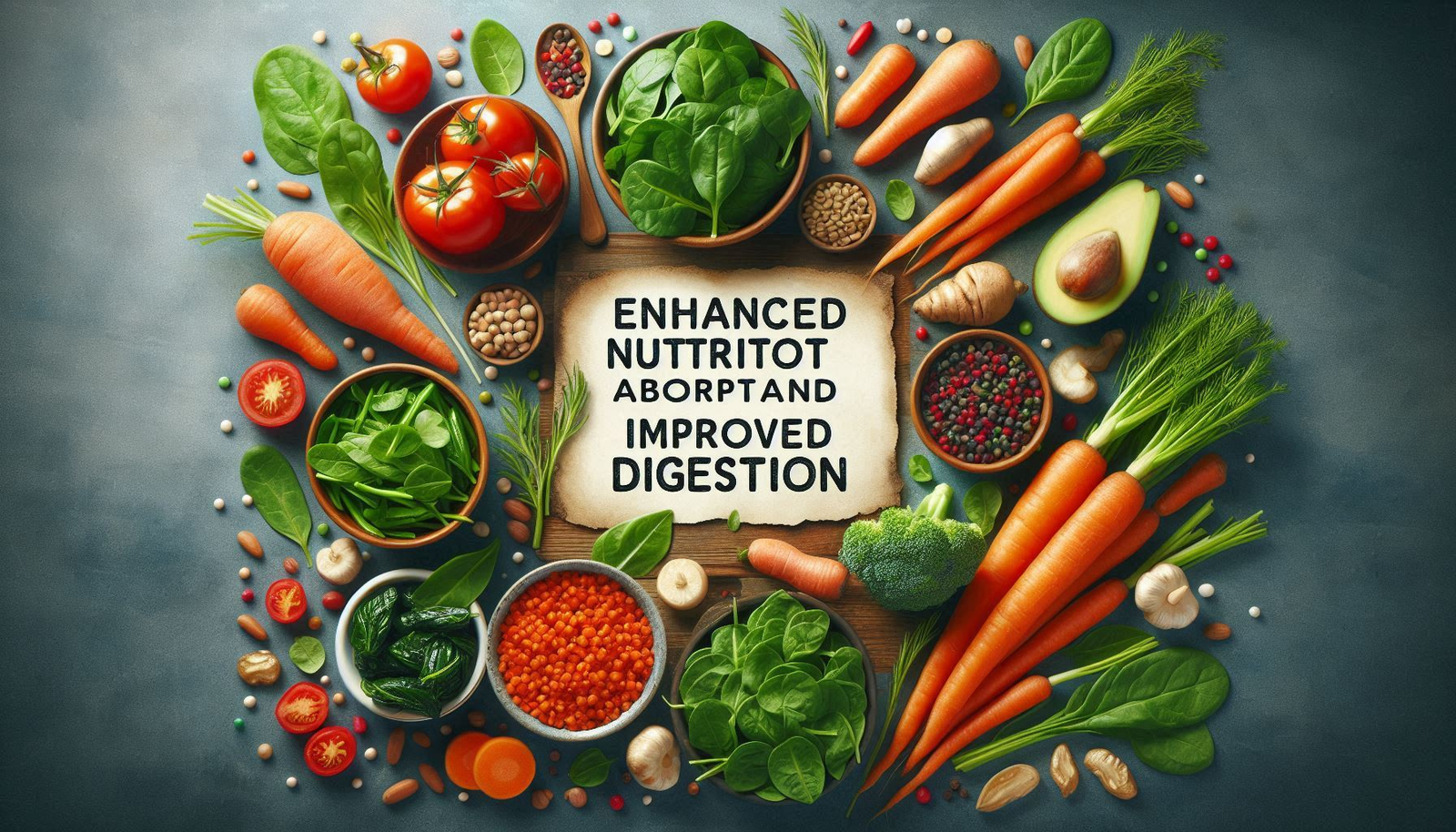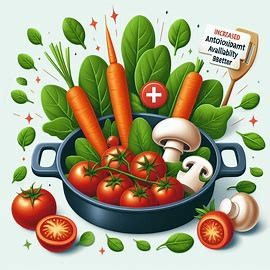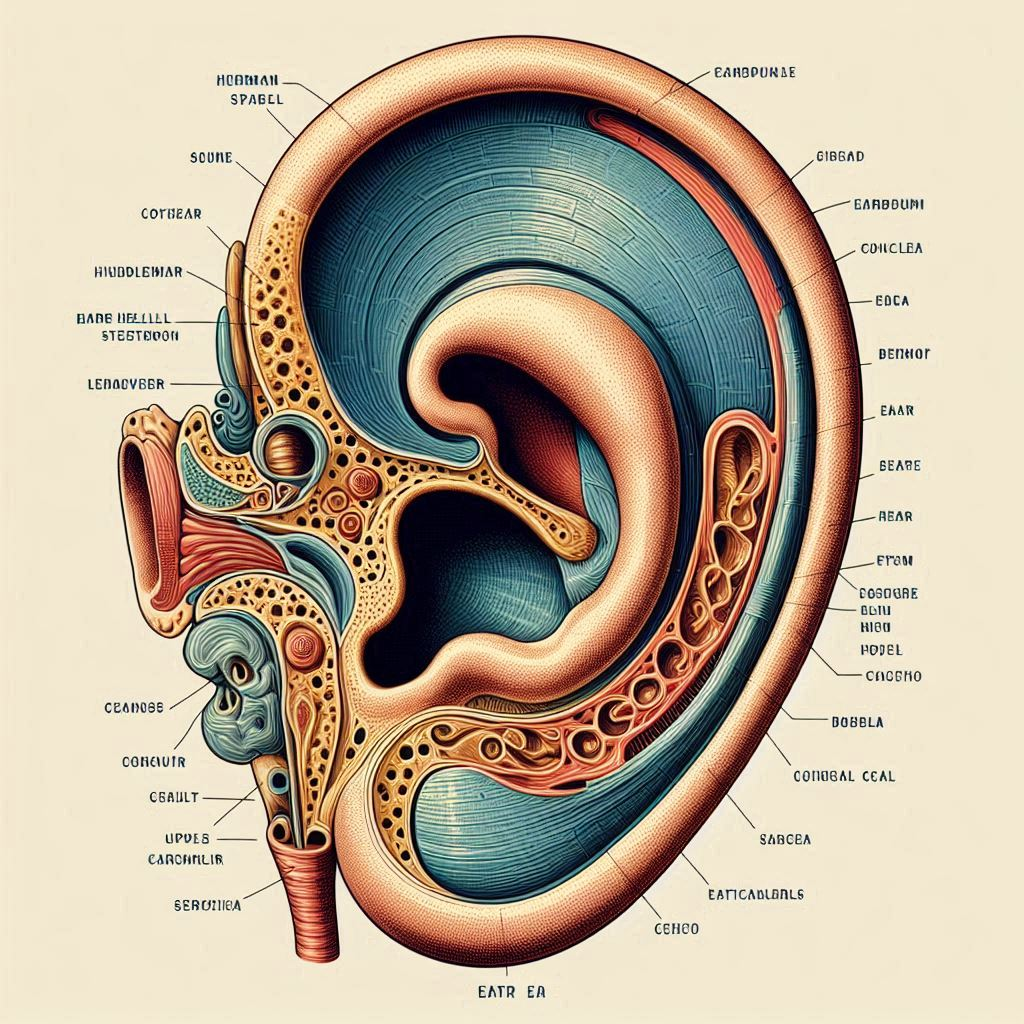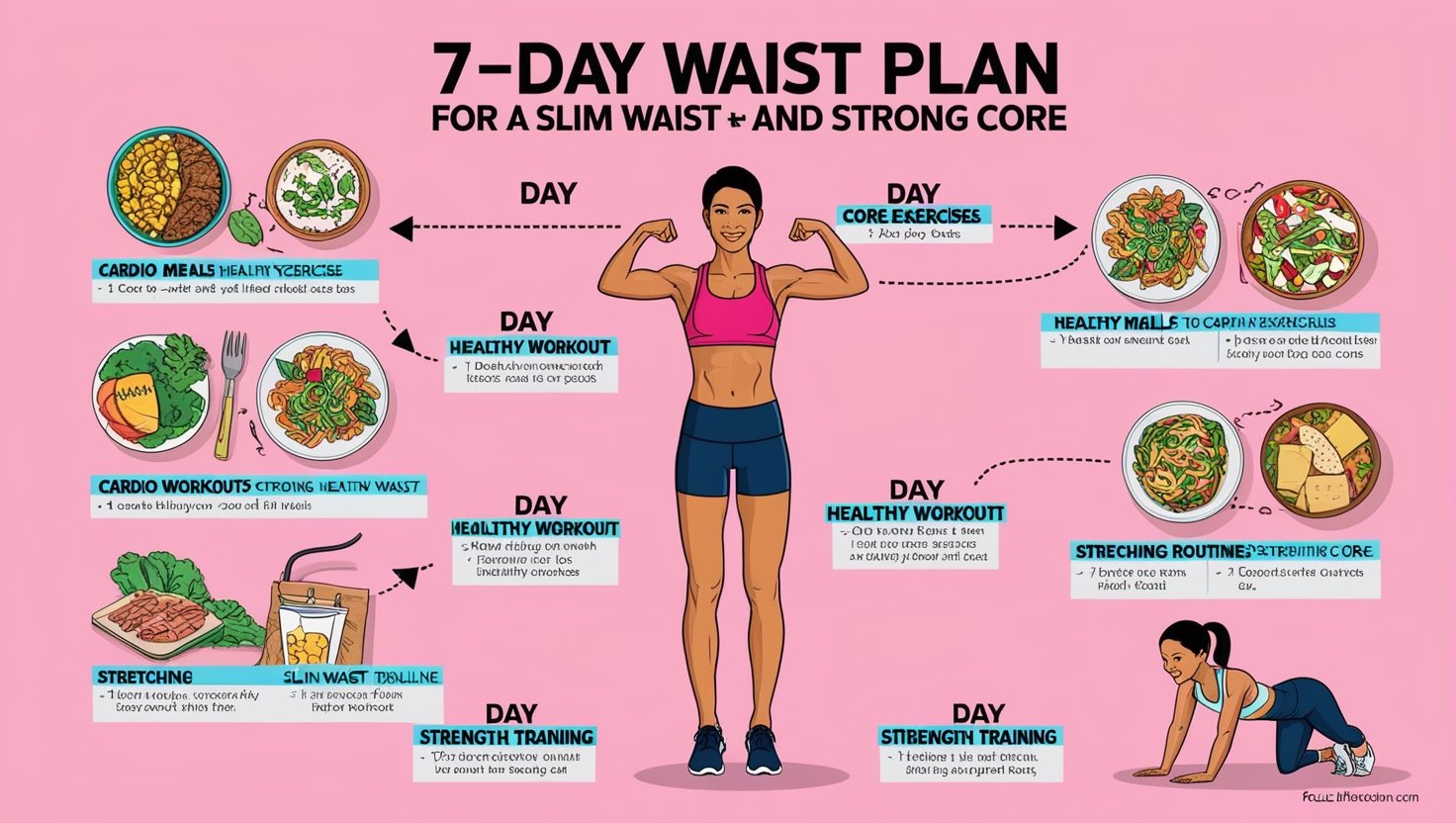
Cooked Meals: 10 Surprising Benefits
Cooked Meals: 10 Surprising Benefits
“Cooked meals offer surprising benefits for health and wellness. Discover how cooking your food can enhance nutrient absorption, improve digestion, and boost overall vitality.”


Introduction
Brief Overview of Cooked Meals
Cooked meals involve the preparation of food through various methods such as boiling, steaming, grilling, roasting, and baking. Cooking not only enhances the flavor and texture of food but also makes it more palatable and enjoyable. While raw food diets have their benefits, cooked meals offer unique advantages that contribute to overall health and wellness.
Importance of Diet Choices on Health and Wellness
The choices we make about our diet have a significant impact on our health and wellness. A balanced diet that includes a variety of cooked foods can provide essential nutrients, improve digestion, and support overall vitality. Cooking food can enhance nutrient absorption, increase antioxidant availability, and ensure food safety, making it an important aspect of a healthy lifestyle.
Benefit 1: Enhanced Nutrient Absorption
Explanation of How Cooking Enhances Nutrient Absorption
Cooking can enhance nutrient absorption by breaking down the cell walls of plant-based foods, making it easier for the body to access and absorb essential nutrients. For example, cooking tomatoes increases the availability of lycopene, a powerful antioxidant. Similarly, cooking spinach can increase the absorption of iron and calcium.
Examples of Nutrients Better Absorbed from Cooked Foods
Here are some examples of nutrients that are better absorbed from cooked foods:
- Lycopene: Found in tomatoes, lycopene is more bioavailable when tomatoes are cooked.
- Beta-Carotene: Present in carrots and sweet potatoes, beta-carotene is better absorbed when these vegetables are cooked.
- Iron: Cooking spinach and other leafy greens can enhance the absorption of non-heme iron.
- Calcium: Cooking certain vegetables like spinach and kale can increase calcium absorption.
Benefit 2: Improved Digestion
How Cooking Breaks Down Food for Easier Digestion
Cooking breaks down the complex structures of food, making it easier for the digestive system to process and absorb nutrients. Heat can soften fibers, denature proteins, and break down starches, which can aid in digestion and reduce the risk of digestive discomfort.
Benefits of Cooked Meals for Gut Health
Cooked meals can promote gut health by making food easier to digest and reducing the strain on the digestive system. Cooking can also help eliminate harmful bacteria and pathogens that may be present in raw foods, reducing the risk of foodborne illnesses. Additionally, cooked foods can be more soothing to the digestive tract, making them a good option for individuals with sensitive stomachs or digestive disorders.
Benefit 3: Increased Antioxidant Availability
Impact of Cooking on Antioxidant Levels in Food
Cooking can increase the availability of certain antioxidants in foods, making them more beneficial for health. Heat can break down the cell walls of plant-based foods, releasing antioxidants and making them easier for the body to absorb. For example, cooking tomatoes increases the levels of lycopene, a powerful antioxidant that has been linked to a reduced risk of chronic diseases.
Examples of Foods with Increased Antioxidants When Cooked
Here are some examples of foods that have increased antioxidant levels when cooked:
- Tomatoes: Cooking tomatoes increases the availability of lycopene, which is beneficial for heart health and may reduce the risk of certain cancers.
- Carrots: Cooking carrots enhances the absorption of beta-carotene, which is converted to vitamin A in the body and supports vision and immune function.
- Spinach: Cooking spinach increases the availability of certain antioxidants, such as lutein and zeaxanthin, which are important for eye health.
- Mushrooms: Cooking mushrooms can increase the levels of antioxidants like ergothioneine, which has protective effects on cells.
Benefit 4: Better Food Safety
How Cooking Kills Harmful Bacteria and Pathogens
Cooking food at high temperatures can kill harmful bacteria and pathogens that may be present in raw foods. This is especially important for foods like meat, poultry, eggs, and seafood, which can harbor bacteria such as Salmonella, E. coli, and Listeria. By cooking these foods thoroughly, you can reduce the risk of foodborne illnesses and ensure that your meals are safe to eat.
Importance of Cooked Meals for Preventing Foodborne Illnesses
Cooked meals play a crucial role in preventing foodborne illnesses. Proper cooking techniques can eliminate harmful microorganisms that cause food poisoning, making it safer to consume a wide variety of foods. Additionally, cooking can help destroy natural toxins that may be present in certain raw foods, further enhancing food safety.
Benefit 5: Enhanced Flavor and Texture
How Cooking Enhances the Flavor and Texture of Food
Cooking can significantly enhance the flavor and texture of food, making it more enjoyable to eat. Heat can caramelize sugars, develop complex flavors, and create appealing textures. For example, roasting vegetables can bring out their natural sweetness, while grilling meat can create a delicious smoky flavor. Cooking can also soften tough fibers in vegetables and meats, making them more tender and palatable.
Examples of Cooking Methods That Improve Taste and Texture
Here are some examples of cooking methods that can enhance the flavor and texture of food:
- Roasting: Roasting vegetables and meats can caramelize sugars and create a rich, savory flavor.
- Grilling: Grilling adds a smoky flavor and creates a crispy texture on the outside while keeping the inside tender.
- Sautéing: Sautéing vegetables in a small amount of oil can enhance their natural flavors and create a slightly crispy texture.
- Steaming: Steaming preserves the natural flavors and nutrients of vegetables while keeping them tender and vibrant.
- Baking: Baking can create a variety of textures, from crispy crusts to soft, moist interiors, depending on the food being prepared.
Read also: 10 Life-Changing Benefits of Choosing Vegetarianism
Benefit 6: Greater Variety in Diet
How Cooking Expands the Variety of Foods You Can Eat
Cooking expands the variety of foods you can eat by making certain foods more palatable and digestible. Some foods, such as beans, lentils, and certain grains, are difficult to eat raw due to their tough texture and potential for causing digestive discomfort. Cooking these foods softens their texture, enhances their flavor, and makes them easier to digest. Additionally, cooking allows you to experiment with different culinary techniques and recipes, broadening your dietary options and making meals more enjoyable.
Benefits of a Diverse Diet for Overall Health
A diverse diet is essential for overall health because it ensures that you receive a wide range of nutrients necessary for various bodily functions. Different foods provide different vitamins, minerals, antioxidants, and other beneficial compounds. By incorporating a variety of cooked foods into your diet, you can achieve a more balanced intake of these essential nutrients, supporting overall health and reducing the risk of nutrient deficiencies.
Benefit 7: Improved Satiety and Weight Management
How Cooked Meals Can Help with Satiety and Weight Management
Cooked meals can help with satiety and weight management by providing nutrient-dense foods that promote a feeling of fullness. Cooking can enhance the flavor and texture of foods, making them more satisfying to eat. Additionally, cooked foods often have a higher water content, which can contribute to a feeling of fullness and reduce overall calorie intake. By including a variety of cooked vegetables, lean proteins, and whole grains in your meals, you can create satisfying and balanced dishes that support weight management.
Examples of Filling, Nutrient-Dense Cooked Foods
Here are some examples of filling, nutrient-dense cooked foods that can support satiety and weight management:
- Quinoa: A high-protein grain that provides essential amino acids and fiber, making it a filling and nutritious option.
- Lentils: Rich in protein and fiber, lentils are a satisfying addition to soups, stews, and salads.
- Sweet Potatoes: Packed with vitamins, minerals, and fiber, sweet potatoes are a nutrient-dense and filling carbohydrate source.
- Chicken Breast: A lean protein source that can be grilled, baked, or sautéed for a satisfying and low-calorie meal.
- Vegetable Stir-Fry: A mix of colorful vegetables cooked with a small amount of oil and seasoning, providing a variety of nutrients and flavors.
Benefit 8: Increased Energy Levels
How Cooked Meals Provide Sustained Energy
Cooked meals provide sustained energy by offering a balanced combination of macronutrients, including carbohydrates, proteins, and fats. Cooking can enhance the digestibility and absorption of these nutrients, ensuring that your body receives a steady supply of energy throughout the day. Complex carbohydrates, such as those found in whole grains and starchy vegetables, provide a slow and steady release of energy, while proteins and fats help maintain energy levels and support overall metabolic function.
Nutrients in Cooked Foods That Support Energy Production
Several key nutrients in cooked foods support energy production:
- Complex Carbohydrates: Found in whole grains, legumes, and starchy vegetables, complex carbohydrates provide a sustained release of energy.
- Protein: Essential for muscle repair and growth, protein sources like lean meats, fish, and legumes help maintain energy levels.
- Iron: Crucial for oxygen transport in the blood, iron-rich foods like cooked spinach, lentils, and red meat support energy production.
- B Vitamins: Found in whole grains, meat, and dairy products, B vitamins play a key role in converting food into energy.
By including a variety of cooked foods in your diet, you can ensure that you receive these essential nutrients and enjoy sustained energy throughout the day.
Benefit 9: Enhanced Mental Well-being
Connection Between Cooked Meals and Mental Health
Cooked meals can have a positive impact on mental health by providing warm, comforting foods that promote relaxation and emotional well-being. The act of cooking itself can be therapeutic, offering a sense of accomplishment and creativity. Additionally, the nutrients found in cooked foods can support brain function and improve mood.
Benefits of Warm, Comforting Foods for Mood and Cognitive Function
Warm, comforting foods can have a soothing effect on the mind and body, helping to reduce stress and anxiety. Foods like soups, stews, and casseroles can evoke feelings of comfort and security, which can enhance overall mental well-being. Nutrients such as omega-3 fatty acids, found in cooked fish, and antioxidants, found in cooked vegetables, can support cognitive function and protect against mental decline.
Benefit 10: Social and Cultural Benefits
Importance of Cooked Meals in Social and Cultural Contexts
Cooked meals play a significant role in social and cultural contexts, bringing people together and fostering a sense of community. Sharing a meal with family and friends can strengthen relationships and create lasting memories. Cooking traditional dishes can also help preserve cultural heritage and pass down culinary traditions to future generations.
How Cooking and Sharing Meals Can Strengthen Relationships
Cooking and sharing meals can strengthen relationships by providing opportunities for social interaction and bonding. Preparing a meal together can be a collaborative and enjoyable activity, fostering teamwork and communication. Sharing a meal allows people to connect, share stories, and enjoy each other’s company, enhancing social bonds and emotional well-being.
Conclusion
Recap of the Benefits of Cooked Meals
Cooked meals offer numerous benefits that contribute to overall health and wellness. These benefits include:
- Enhanced Nutrient Absorption: Cooking makes nutrients more accessible and easier to absorb.
- Improved Digestion: Cooking breaks down food for easier digestion and promotes gut health.
- Increased Antioxidant Availability: Cooking can increase the levels of certain antioxidants in foods.
- Better Food Safety: Cooking kills harmful bacteria and pathogens, reducing the risk of foodborne illnesses.
- Enhanced Flavor and Texture: Cooking enhances the flavor and texture of food, making it more enjoyable to eat.
- Greater Variety in Diet: Cooking expands the variety of foods you can eat, promoting a diverse and balanced diet.
- Improved Satiety and Weight Management: Cooked meals can help with satiety and support weight management.
- Increased Energy Levels: Cooked meals provide sustained energy through balanced nutrients.
- Enhanced Mental Well-being: Warm, comforting foods can improve mood and cognitive function.
- Social and Cultural Benefits: Cooking and sharing meals can strengthen relationships and preserve cultural traditions.
Encouragement to Incorporate More Cooked Meals into Your Diet
Incorporating more cooked meals into your diet can provide a wide range of health benefits and enhance your overall well-being. Whether you enjoy experimenting with new recipes or savoring traditional dishes, cooking can be a rewarding and enjoyable experience. By including a variety of cooked foods in your meals, you can ensure that you receive essential nutrients, improve digestion, and enjoy the social and cultural benefits of shared meals.
FAQs
- What are the benefits of cooked meals?
- Cooked meals offer enhanced nutrient absorption, improved digestion, increased antioxidant availability, better food safety, enhanced flavor and texture, greater variety in diet, improved satiety and weight management, increased energy levels, enhanced mental well-being, and social and cultural benefits.
- How does cooking enhance nutrient absorption?
- Cooking breaks down cell walls in food, making nutrients more accessible and easier for the body to absorb.
- Can cooked meals improve digestion?
- Yes, cooking breaks down food fibers and proteins, making them easier to digest and reducing the strain on the digestive system.
- What impact does cooking have on antioxidants?
- Cooking can increase the availability of certain antioxidants in foods, making them more beneficial for health.
- How does cooking improve food safety?
- Cooking kills harmful bacteria and pathogens, reducing the risk of foodborne illnesses.
- What are some examples of cooking methods that enhance flavor and texture?
- Roasting, grilling, sautéing, and steaming are cooking methods that can enhance the flavor and texture of food.
- Can cooked meals help with weight management?
- Yes, cooked meals can be more filling and nutrient-dense, helping to promote satiety and support weight management.
- How do cooked meals provide sustained energy?
- Cooked meals often contain complex carbohydrates and proteins that provide sustained energy throughout the day.
- What is the connection between cooked meals and mental well-being?
- Warm, comforting cooked meals can improve mood and cognitive function, contributing to overall mental well-being.
- What are the social and cultural benefits of cooked meals?
- Cooking and sharing meals can strengthen relationships, foster a sense of community, and preserve cultural traditions.




One Comment
Pingback: